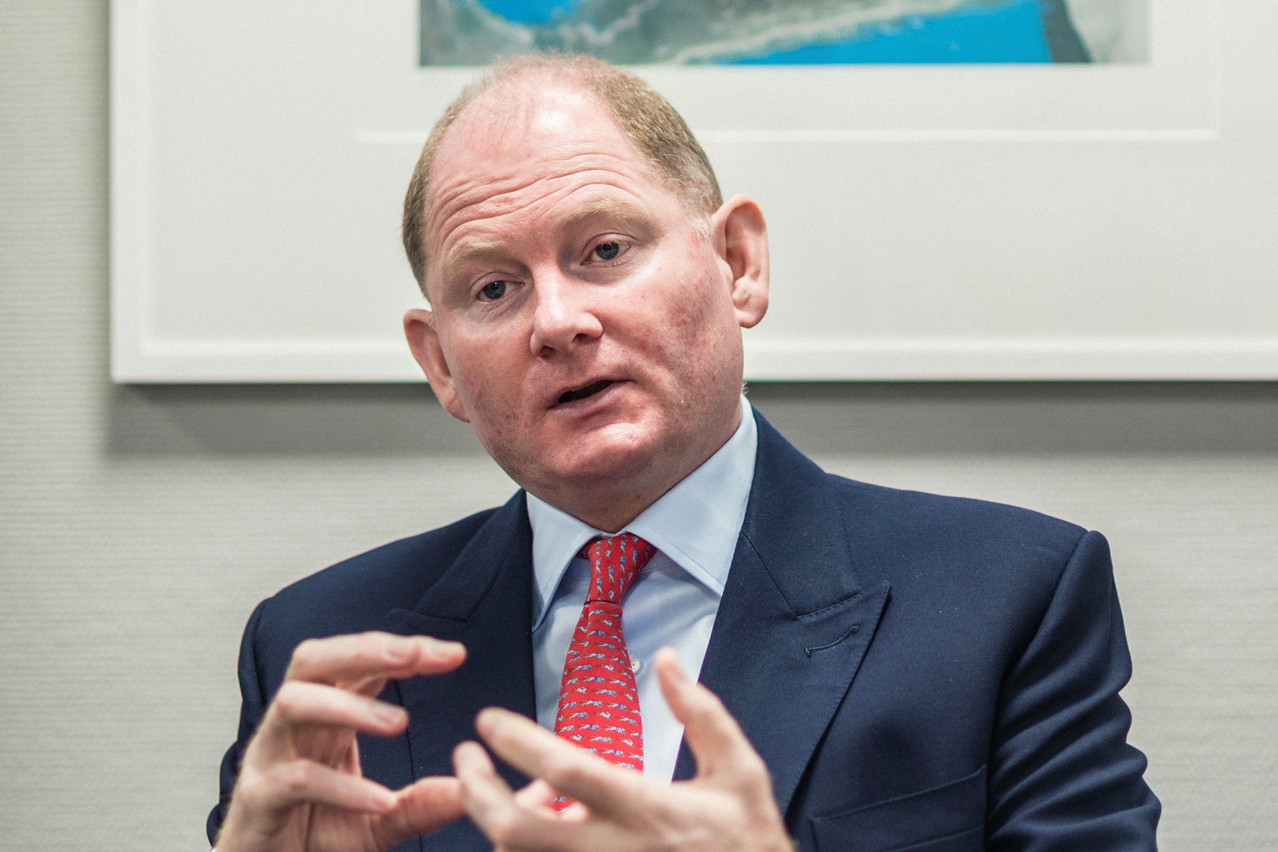Kangkan Halder: You have a unique combination of a 14-year military career followed by prominent roles in the financial sector. How do you see these two experiences merging, and how can they provide a distinctive advantage in addressing the challenges and opportunities presented by climate finance at ICFA?
: That merger happened a long time ago! I have been in business far longer than I was a soldier and I have seen leadership and management in financial services as good as any I saw in the military.
That’s no surprise when you think about how demanding the financial world can be in terms of market uncertainty, the importance of good and timely decisions and the consequences of operational failure. Climate finance action also faces great uncertainty and debate.
I believe our future depends on the decisions we make today. I hope my experience can help ICFA and Luxembourg make decisions that make a difference to climate finance action.
During your tenure as the CEO of European Fund Administration (EFA), you led strategic transformations that significantly impacted the company’s trajectory. How do you envision replicating or adapting these strategies to accelerate the growth and impact of ICFA in the climate finance sector?
The balance I struck as EFA CEO was to be close enough to daily operations to ensure that the firm was successful in the short term, and to remain at enough of a distance to look objectively at it and the financial services industry so that I could form a view about the necessary conditions for success in the long term.
I spend a lot of my personal time reading current affairs journals and modern geopolitical history. That helps me with long-term thinking, particularly when I am in the company of a fine author.
At ICFA, daily operations are taken care of by CEO Stephan Peters and his excellent team. As one of the non-executive directors I am able to support them in the short term if required, and provide opinion and advice on ICFA development and manager selection towards our longer-term goals.
Having worked across various financial hubs in Europe and beyond, how do you think this global perspective will influence your approach to fostering climate finance innovations locally in Luxembourg and within the broader European context?
I am instinctively outward-looking and so is Luxembourg--that’s how it came to be an investment fund centre of excellence for managers and investors around the world.
It’s the same at ICFA: we’re a not-for-profit organisation sponsored by the Luxembourg ministry of finance and the ministry of the environment, climate and sustainable development, supported by 12 private companies from the Luxembourg financial sector.
We select promising emerging managers from around the world and provide them with Luxembourg know-how and financial support with the aim of growing global capacity for climate finance action across multiple investment years, geographical regions, sustainable development goals and climate finance sectors.
Your dedication to making a positive impact on climate change is evident from your statement on personal contributions to climate action. As a board member of ICFA, what specific initiatives or strategies do you plan to introduce or advocate for to amplify ICFA’s mission?
It’s a great privilege to be asked to serve on ICFA’s board, and my first thought is how impressive the executive team is.
At the start of my career I would have been lucky to have any of them as a role model. So I’m joining with great respect for what they have achieved, and a hope that they can benefit from my experience rather than from my direction (I am in any case a non-executive director). Climate finance covers a range of opportunities from mega-capital projects through to micro-finance.
I hope that several of the manager cohorts we take on at ICFA during my tenure will be towards the smaller end of the spectrum; the capital amounts might not be so large but the return in terms of human and climate public goods can be substantial.
You’ve been involved with Association of the Luxembourg Fund Industry (Alfi) and now ICFA, both of which require active stakeholder engagement and collaboration. How do you plan to enhance ICFA’s partnerships and collaborative efforts with fund managers, financial institutions, and other key players to drive a more holistic and impactful climate action agenda?
By representing ICFA in the “public square”--at fund industry events and in my engagements with my contacts in the asset management and fund service industry. I look forward to that very much.
